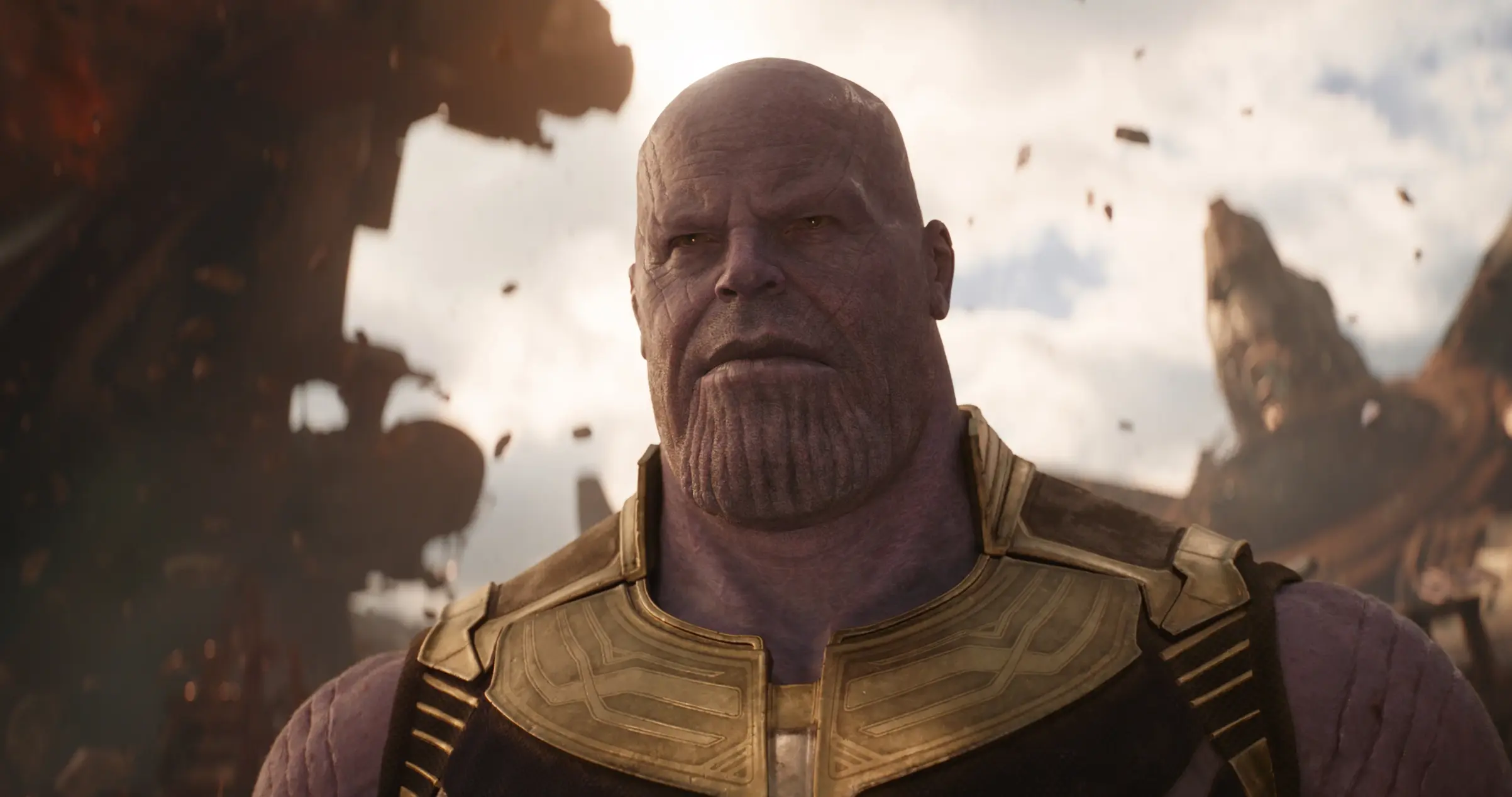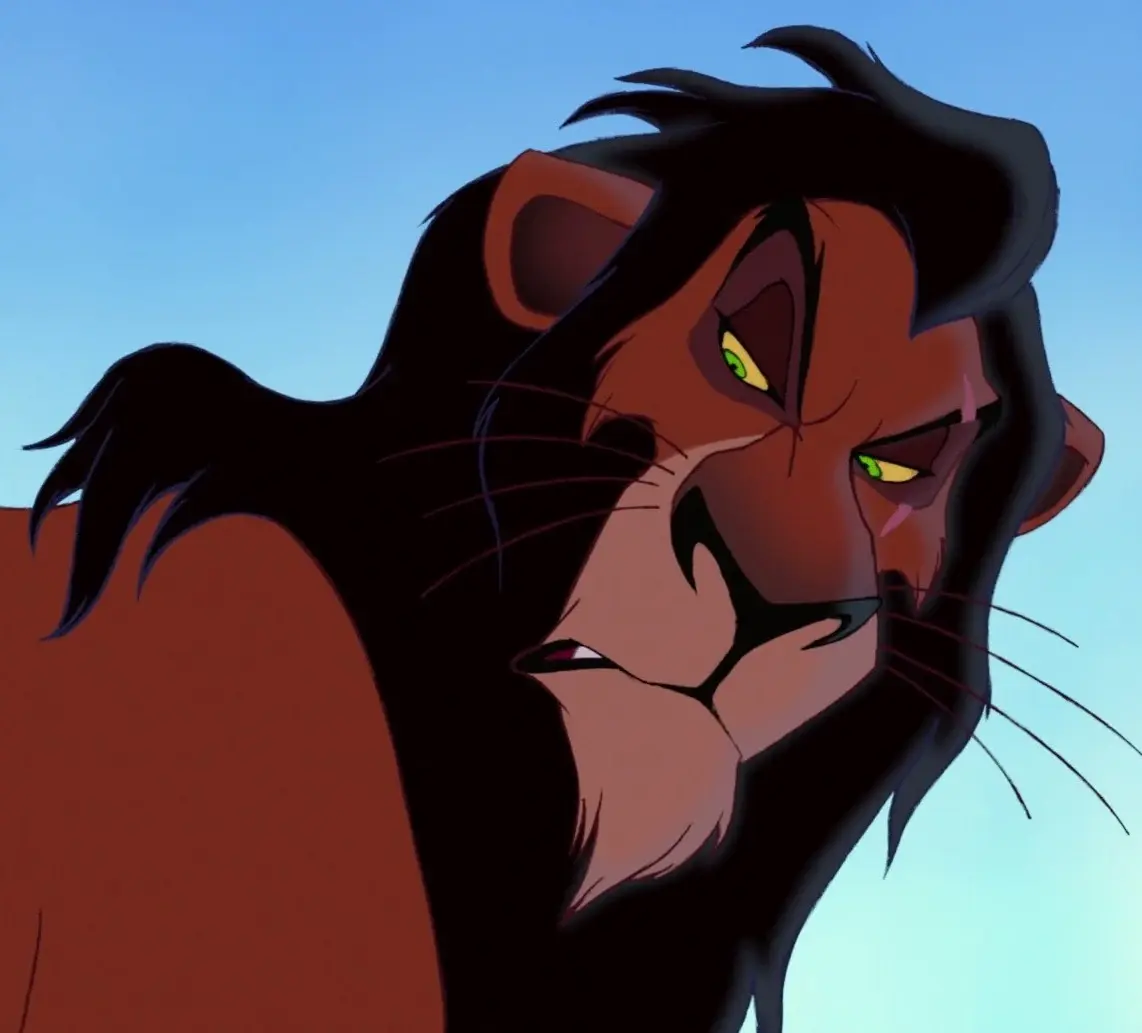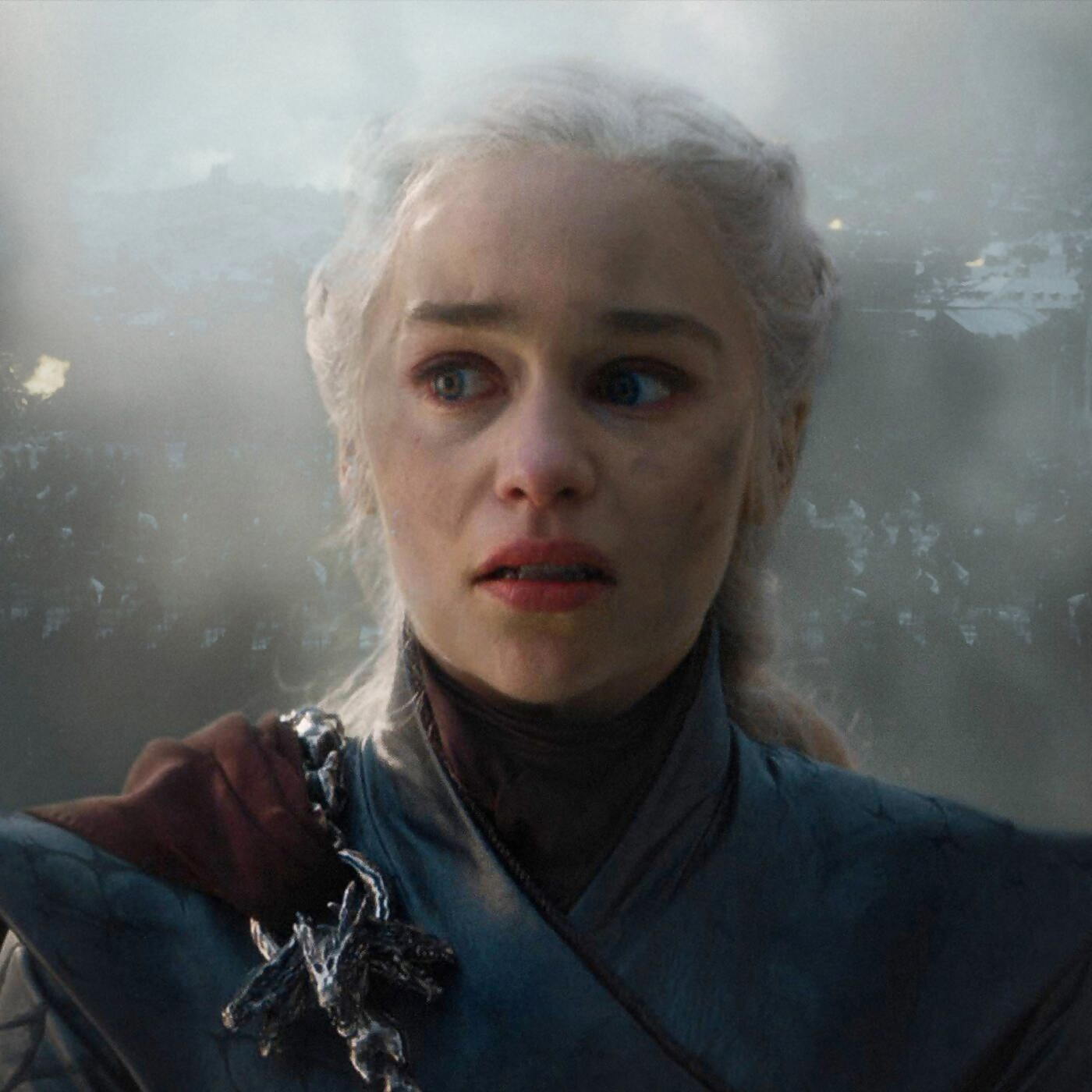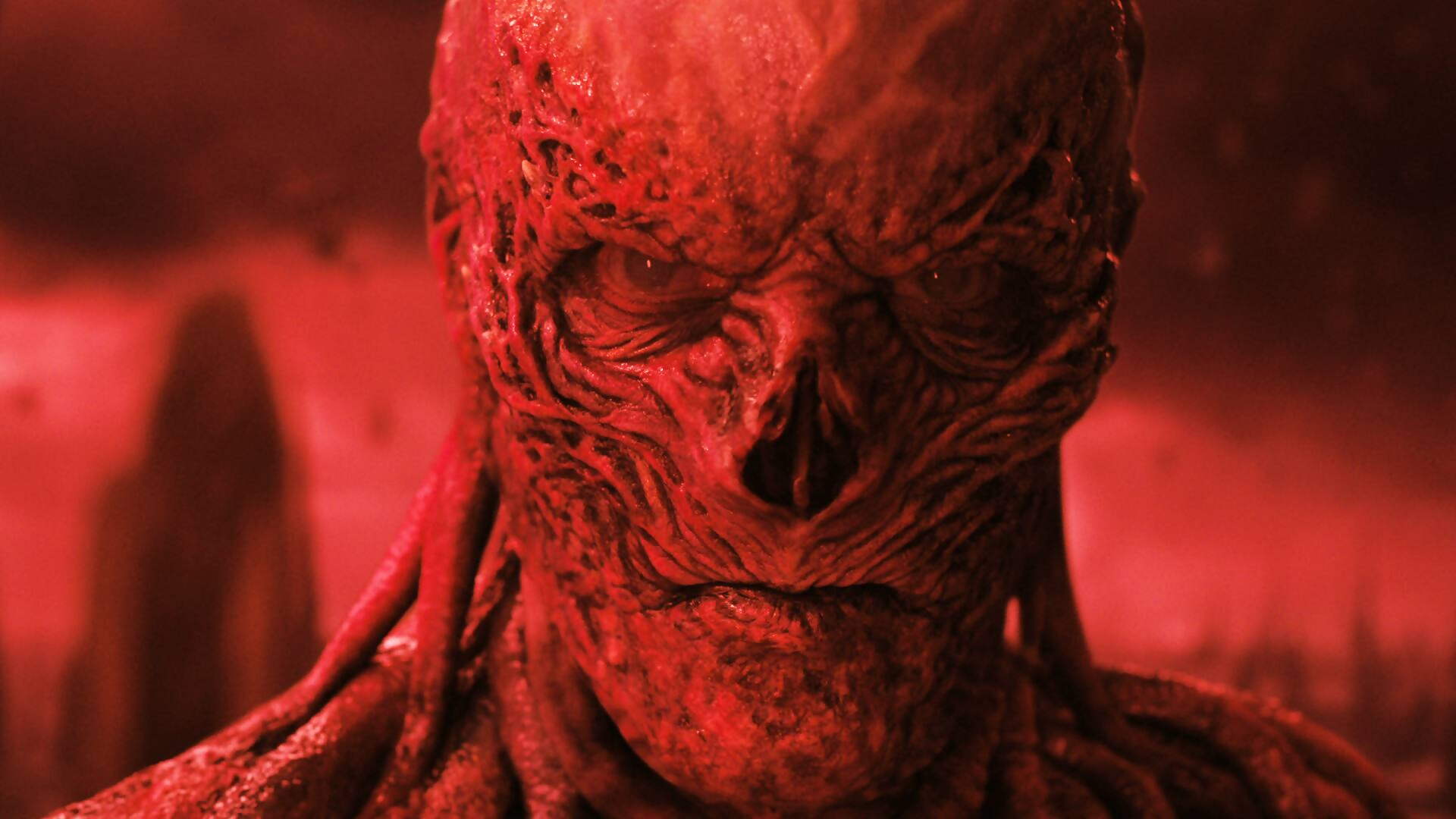
What comes to mind when you think of a villain? Perhaps it is the moustache-twirling oligarch planning a bid for world domination, unspeakable destruction, or simple, selfish riches.
Perhaps he wants to kill Bond, corrupt Batman, or stop John McLean. Or a western’s villain who’s tied our damsel to the train tracks. For most, a Bond villain springs to mind, serving some faceless body of the like-minded. Maybe you are picturing a woodland witch, a figment of the establishment, a corrupt cop, or Lucifer himself.
These are just a few archetypes that have defined the villain for the lion’s share of cinematic history. They are simple, predictable and ubiquitously evil. They know that they are evil and carry on just the same. They enjoy being evil. It is simply what and who they are. The Emperor, Sauron, the Wicked Witch. The Joker, Skeletor, Scar. They defined what it meant to be bad and haunted many youths. Yet, despite incredible performances by incredible actors, these individuals were evil for their own sake. In the case of the Emperor or Skeletor, it is a simple devotion to a cause. Sauron was corrupted by power, and his lack of it jaded Scar.

The Lion King’s Scar
However, what is storytelling if not a constant evolution? What is an archetype if it does not reflect a moral and cultural zeitgeist? Stories evolve, much in the way their characters do and their underlying philosophy does.
There has been a quiet revolution in the writing and depiction of villains over the past several years. This revolution aims to inject nuance into a once-absolute form. In the cases that follow, this revolution has been a success; it has created some of the most captivating, watchable, and re-watchable villains in the modern narrative canon. This is a new form entirely; the anti-villain or the dark hero. However, these are different archetypes, populated by their own characters (see The Boys for anti-villains).
SEE MORE: Joker, Uncharted, and Indiana Jones | Be careful who your heroes are
In the late 2010s, the Marvel Cinematic Universe, which had dominated cinema for over a decade, reached its crescendo. Throughout, there had been a mixed bag of villains; the single-minded Ronan and the charming yet conventionally motivated Loki. However, it was only in the proper introduction of Thanos, around the middle of the first phase, that fans knew of the nefarious plot that was afoot. Thanos sought the infinity stones with which one could become a god. And Thanos wished to use his in pursuit of a simple but devastating aim; the obliteration of half of all life in the Universe.
Thanos cites overpopulation, dwindling resources, and destroying his home world as justifications. However, the blunt reality is cold. And in search of some vague environmental altruism, he murdered trillions. Trillions of parents, siblings, friends, and lovers. While their deaths were painless, those left behind were bewildered, traumatised, and racked with survivor’s guilt. What makes this a genuinely terrifying villain is the peace and contentment he felt, entering what he considered a well-earned retirement.
Moving on to another zeitgeist-capturing franchise, Game of Thrones. The show saw a plethora of villains throughout. While they were terrifically performed, they felt a distinct lack of depth. Joffrey was a sadistic sociopath, and Ramsay Bolton was….a sadistic sociopath.

Danaerys Targaryen in Game of Thrones
Many viewers found Danaerys’ descent into brutish tyranny to be unsettling and random. However, if one watches the show back, just to see her story arch, the signs are there early. Her sanctimonious pursuit of an egalitarian world, free of ills and evils, warps the mother of dragons as she accumulates power. Her attempts to abolish slavery in Mereen led her to become a Tyrant, negating one local tradition after another until reasonably benign and massively popular things were outlawed because of her indifference to the local culture. Then, when she seizes the iron throne, her single-minded vision takes over, and she commits the greatest atrocity seen in the show. Once the dust has settled, and King’s Landing is hers, Danaerys rapidly descends. As she addresses her armies, global dominance is the goal.
However, once more, Danaerys at no point seems dishonest about her intentions, instead, she is warped by them. Like so many past regimes, its justification was
sacred, almost holy.
Lastly, and most recently, Netflix’s Stranger Things has captured hearts and minds since its initial run. In the latest series, viewers met the show’s secret antagonist throughout its first three seasons; Vecna. Once a man, who now possesses the powers and schemes of a god, seeks to take over and rebuild the world in his image. Vecna, who, while difficult to reason with on any metric, given that he brutally murders teenagers in a game so rigged that none of his victims stood a remote chance. Vecna’a worldview is rooted, like so many other dark minds, in a profound sense of alienation. Vecna is not fanatically devoted to a cause, so much so that killing is just breaking eggs for the proverbial omelette. Instead, he is fanatically devoted to his hatred, which he has internally justified to be for the world’s good. He views human society as profoundly unnatural and parasitic. The murders he committed were utilitarian, for they were to open the door to the human world, where his dark and internally-justified vision could begin to take place.

Vecna in Stranger Things
These characters could be better; they are on crusades, but these missions are not just. To wipe out half of all sapient life is not good. To force the world into one’s moralistic view is not good. To seek absolute domination is not good. Just like their predecessors, they are warped and maleficent. However, they are cut apart from all who came before, for they believed they were good. And when one considers so, one will do anything. That is what makes them so terrifying.


